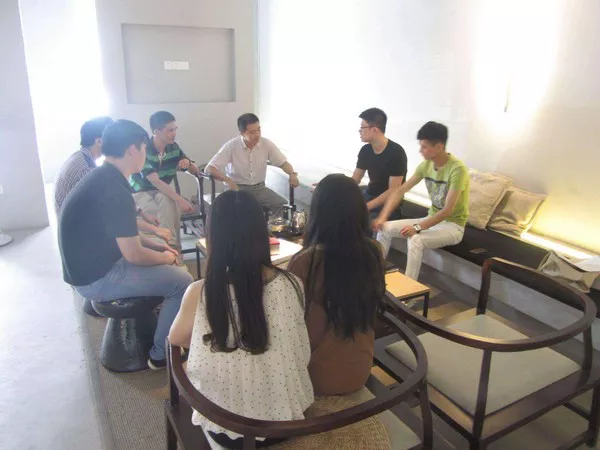Economic inequality isn’t just widening the wealth gap—it’s also fracturing friendships. A study from the London School of Economics found that people are increasingly forming friendships within their own income brackets, leading to a decline in cross-class social ties. This phenomenon, termed “friendship segregation,” has troubling implications for social cohesion and empathy.
The study revealed that in the 1980s, nearly 70% of Americans had at least one close friend from a different economic background. Today, that number has dropped to 42%. The reasons are multifaceted: rising housing costs have led to more economically homogeneous neighborhoods, workplaces have become more stratified, and even leisure activities—such as travel, dining, and hobbies—have become financially exclusionary.
The consequences of this divide extend beyond individual loneliness. Research shows that cross-class friendships foster greater social mobility, reduce prejudice, and increase political cooperation. Without them, society becomes more polarized, with wealthier individuals becoming insulated from the struggles of those in lower income brackets.
Some organizations are attempting to bridge this gap. Programs like “FriendUp” in the UK facilitate friendships across socioeconomic lines through structured social events, while community initiatives in cities like Chicago and Berlin promote shared public spaces where diverse groups can interact. However, reversing this trend will require broader societal shifts, including policies that reduce economic segregation in housing and education.
Related topics:



















